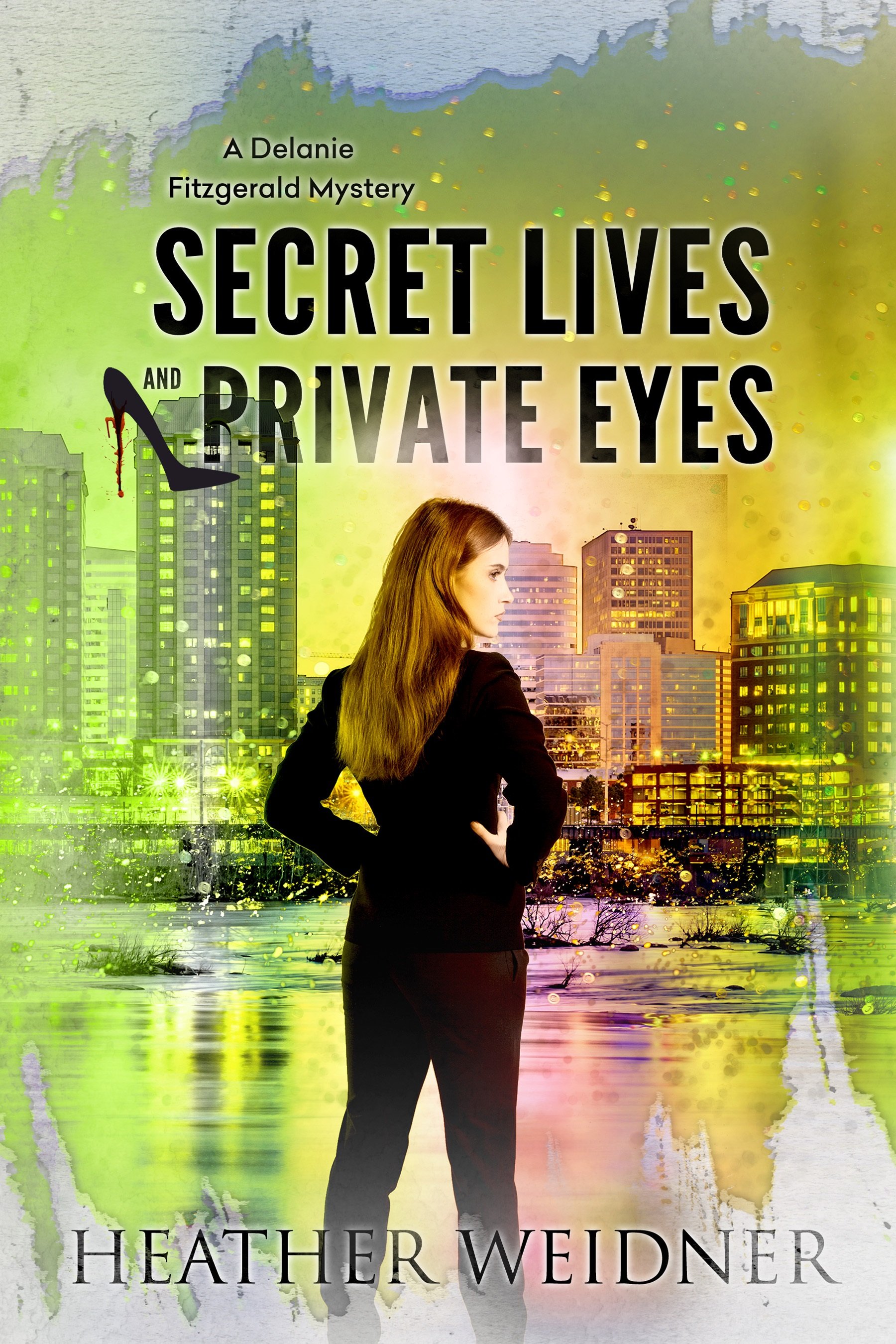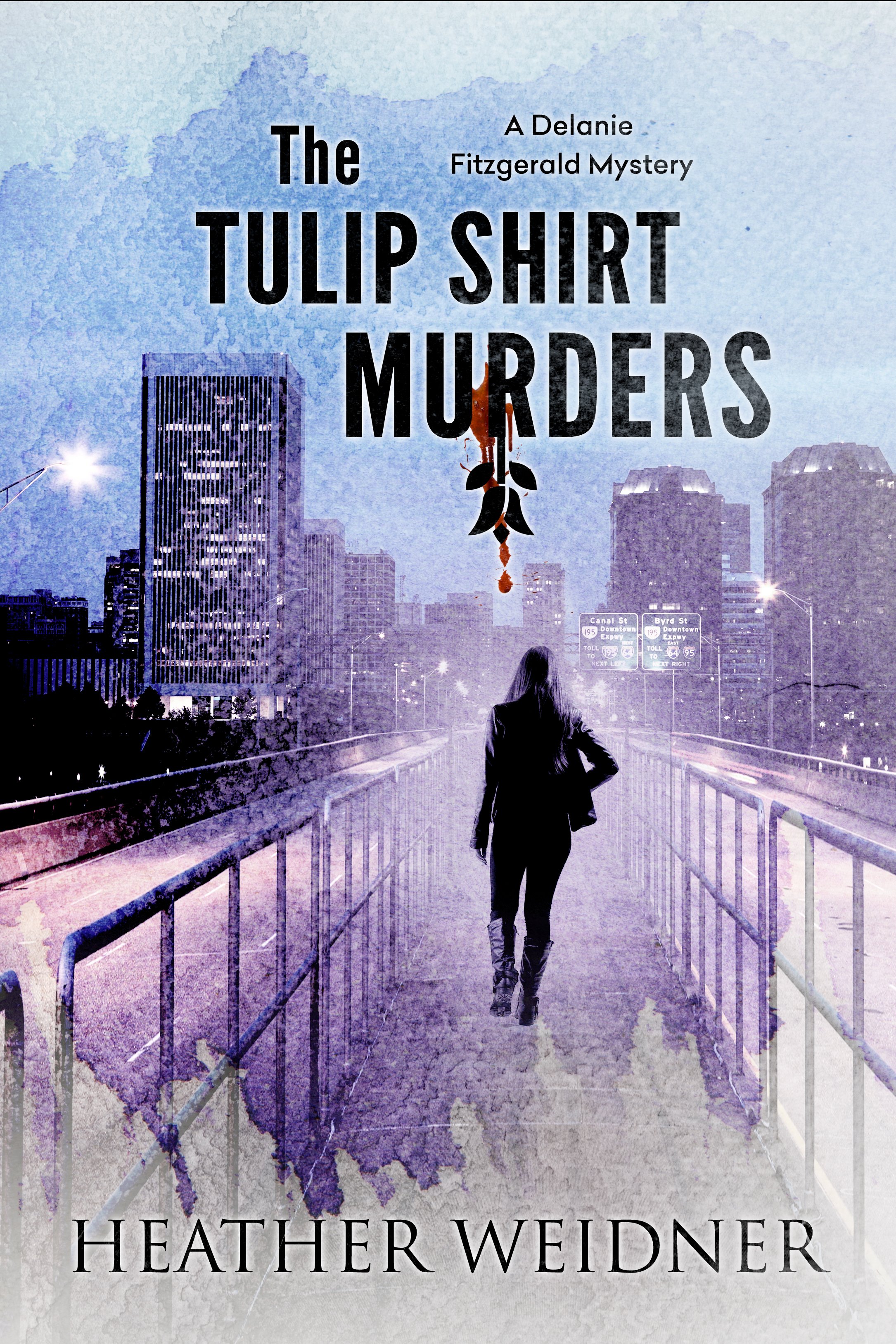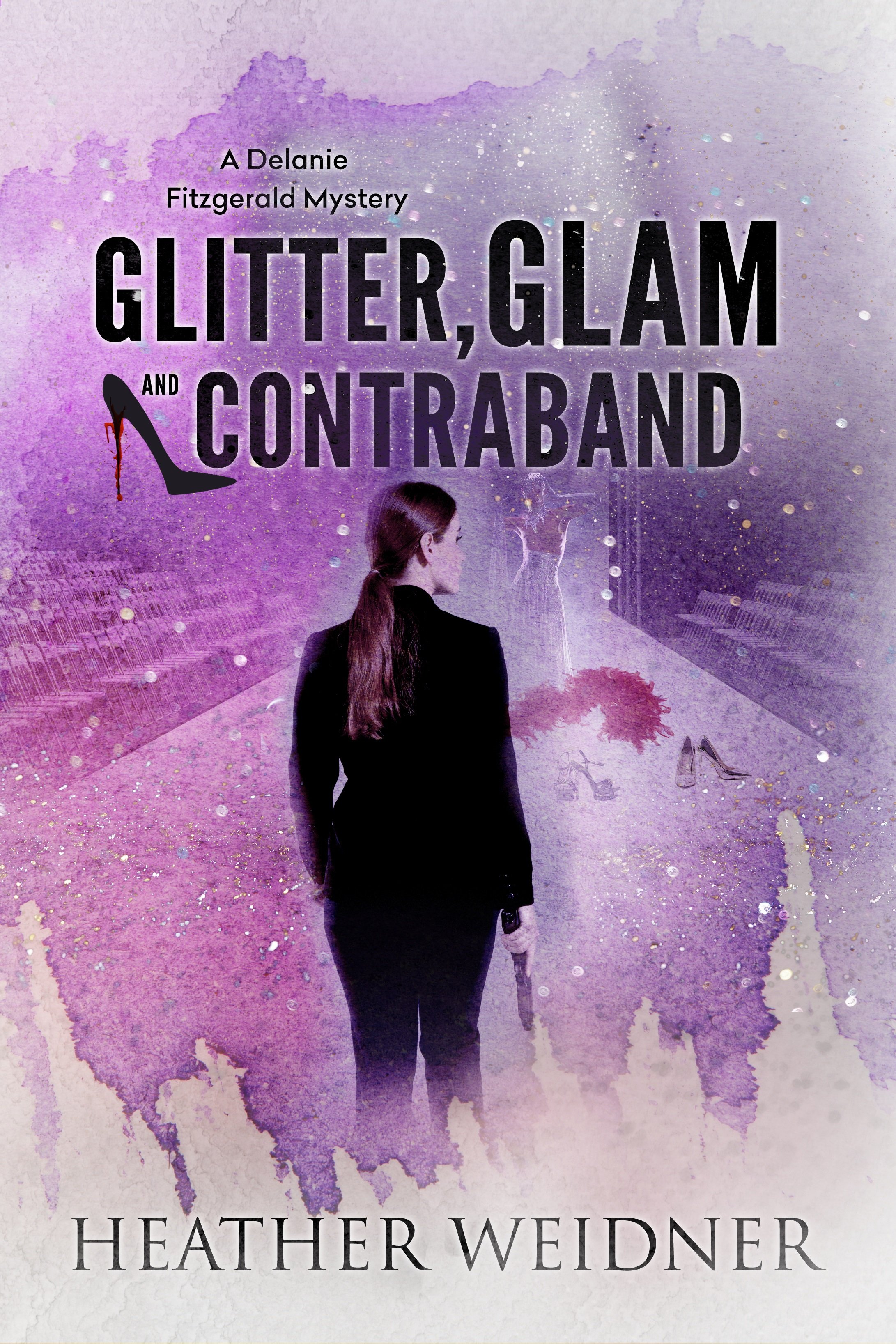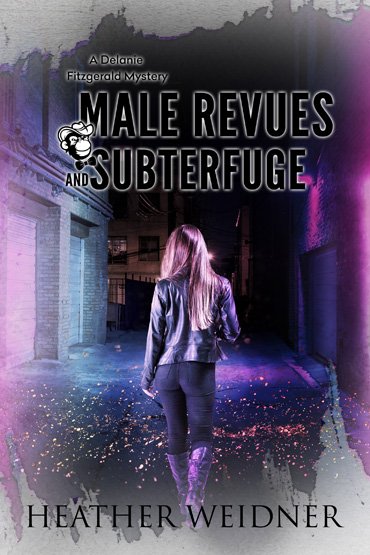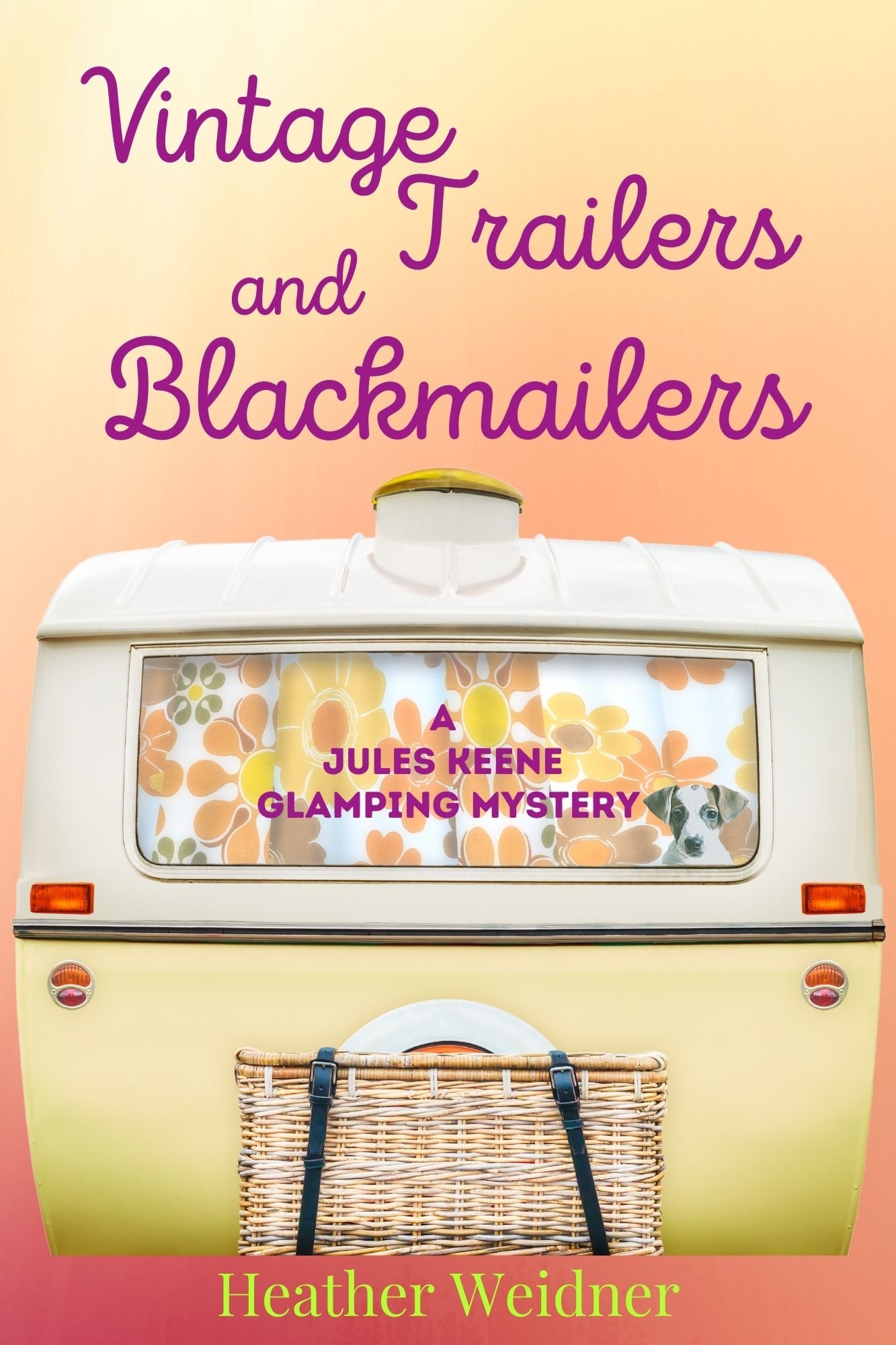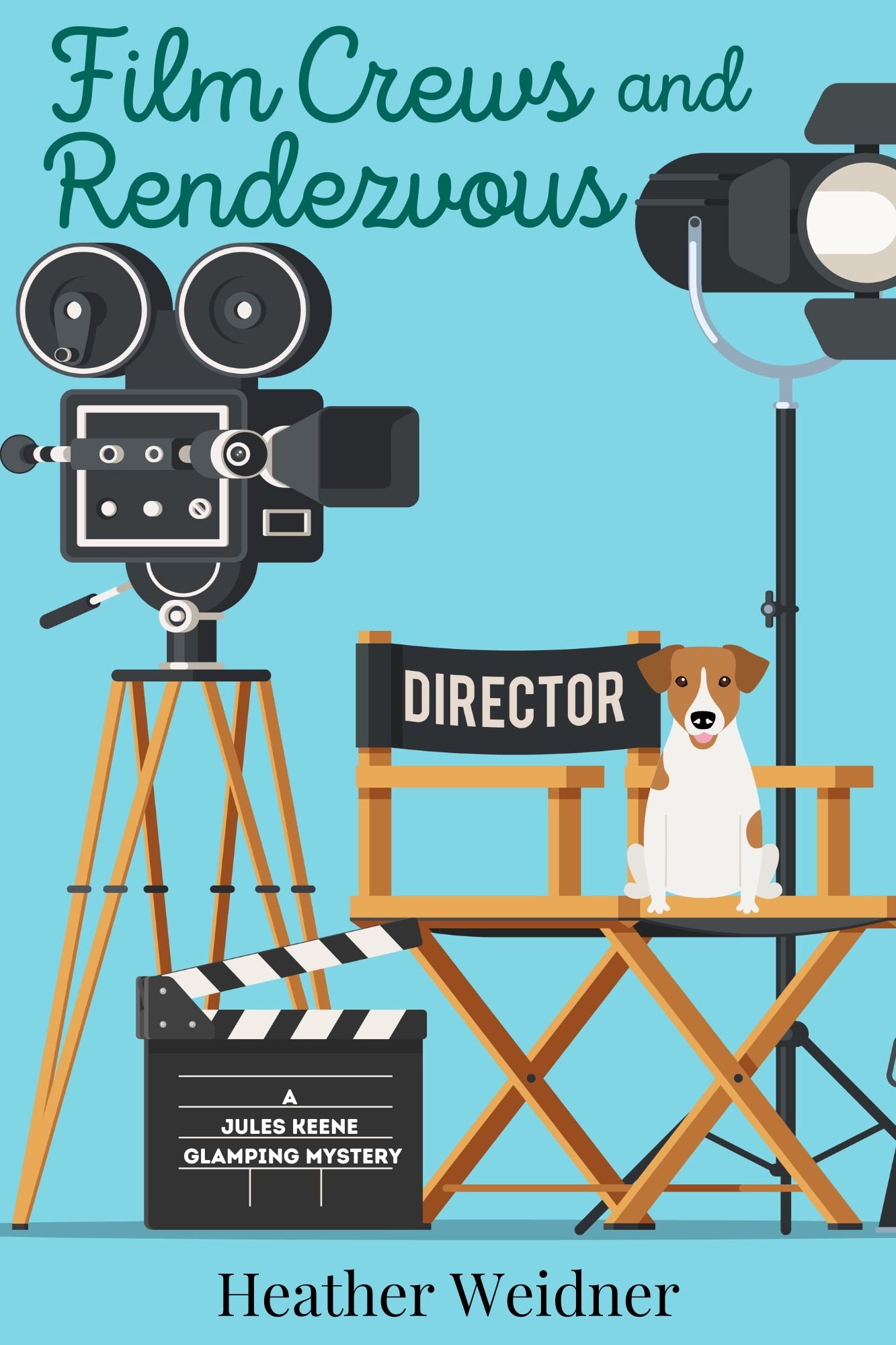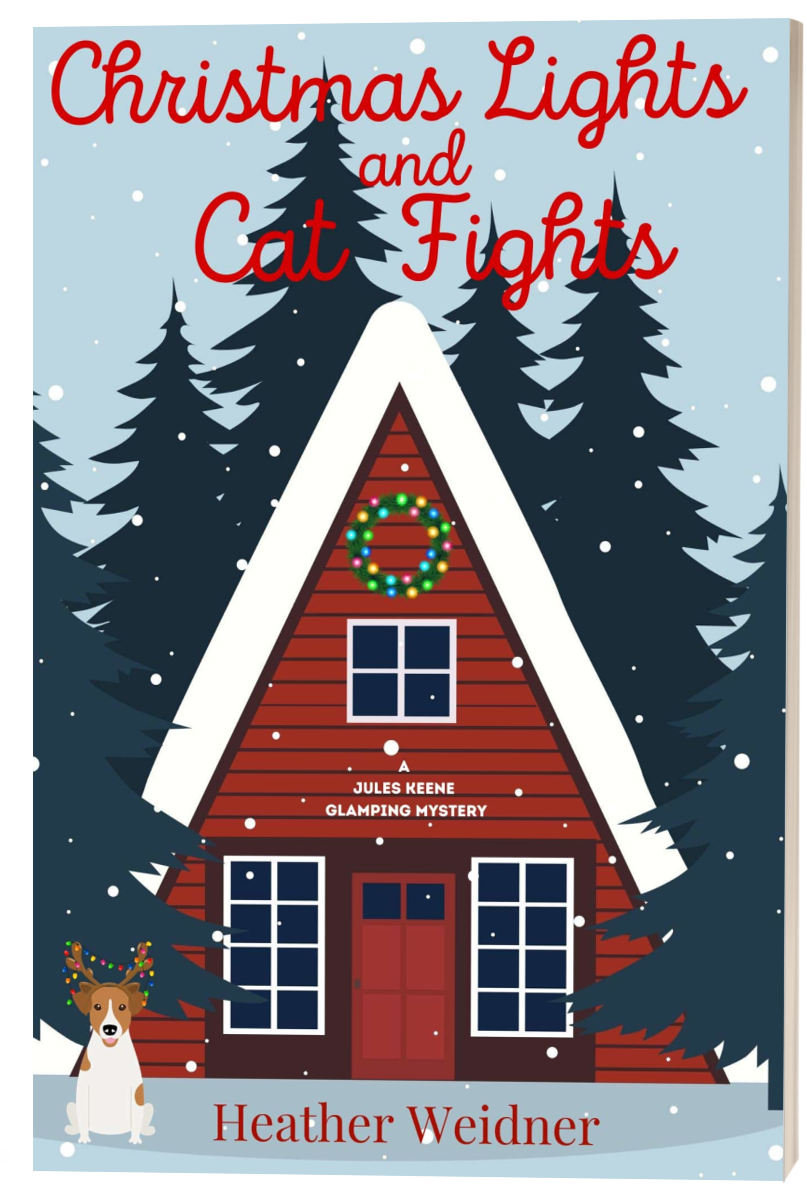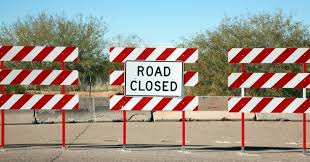5 Things That Writers Should Stop Doing
/I’m often asked at presentations and writers conferences what should writers stop doing. What are things that may not be as helpful to one’s writing journey? So, here’s my list.
Stop procrastinating. Sit down and write the book. You can edit a bad or sad draft. You can’t edit a blank page. Talking about writing a book is not writing a book.
Stop comparing yourself to others. We are all on a writing journey, and we’re at different stages. Plus, something that works for one person, may not work for another. Be you. That’s what makes your writing unique.
Stop listening to that negative voice in your head. (Not the one that is warning you about danger…the one that is making you feel bad.) The writing journey is a rollercoaster and imposter syndrome is real. But if you really want to write and publish a book. You need to make up your mind to try. Sit down and write.
Stop wallowing. When you get bad news (we all do), have your own pity party. Do what it takes to get over it…exercise, scream, eat chocolate, cry, rant to your dog, and then see what you can learn from the experience and move on. Those that spend weeks, months, and years wallowing, waste all their creative energy on something they probably can’t change.
Stop playing at writing. Writing is a business. If you want to be a published author, then treat your writing as such. Learn your craft, learn how to market, learn the business side of it, and network with other authors. Build your social media presence and put yourself out there. Do your research, do your homework, and write.
What else would you add to my list?





